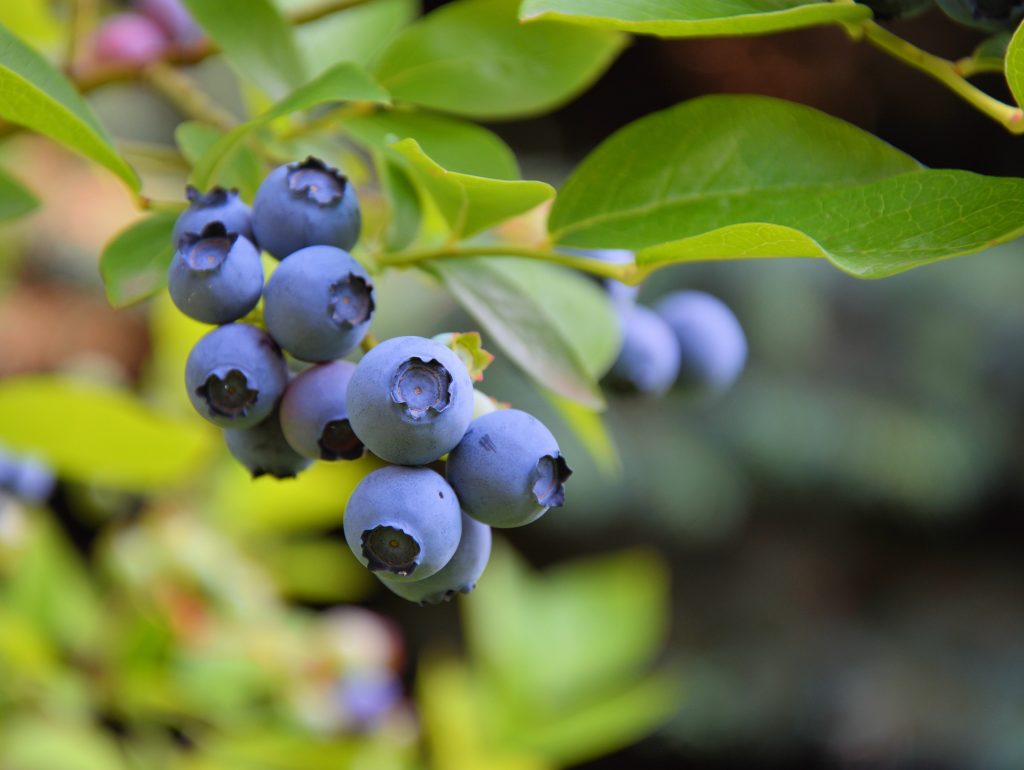
Organic agricultural production is increasing in Georgia. Jonathan Oliver, University of Georgia (UGA) assistant professor and small fruits pathologist, wants to help producers be more efficient by researching ways to protect organic blueberries from diseases.
According to UGA Extension, the U.S. Department of Agriculture National Institute of Food and Agriculture awarded a $2 million grant to the team of 15 scientists from 5 universities and the USDA Agricultural Research Study, including Oliver at UGA. While the group of researchers will focus on various fruits, including peaches, mangos and avocados, Oliver’s focus will be centered on blueberry production, the highest value fruit crop in Georgia. All will be seeing if essential oils can help suppress certain pathogens and pests.
Oliver Comments

“The essential oils organic grant is actually looking at a lot of different crops in the southeast and whether essential oils could have a role in a disease management program. There is data showing that essential oils can have antifungal properties and things like that if used in the laboratory or the greenhouse. But field studies are lacking,” Oliver said. “Since Georgia is one of the top producers of blueberries in the country and definitely in the Southeast, my role on this grant as the blueberry pathologist at UGA is to look at whether these products can be effective in the field and help our organic growers here that are growing blueberries.”
Oliver will apply the essential oils in the field in a similar manner that producers apply other products. He’ll also be looking at diseases that affect blueberries after harvest. Will this treatment have a post-harvest impact if applied prior to harvest?
“Cultural practices are really important in both conventional and organic, but in organic, they’re especially important. As far as chemical management in organic systems, you’re really limited on the types of products you can apply. No synthetic pesticides can be used. Typically, the synthetic pesticides are the ones that are going to be most effective. Usually, organic pesticides need to be applied more frequently to obtain control, if you can obtain control,” Oliver said. “We really need a lot more tools for our organic growers to help them manage diseases.”
Grant Background
The four-year project will support researchers who specialize in fruit crop management and physiology, plant pathology, entomology, post-harvest biology and organic production.
In the research, scientists will:
- Begin to test plant disease efficacy claims of essential oil products marketed for organic producers.
- Evaluate organically certified plant essential oils on targeted pathogens such algal stem blotch, brown rot, scabs, gray mold and powdery mildew.
- Determine the efficiency of essential oils on fruit shelf life through postharvest testing.
- While arthropod pests are not the primary focus of this research, researchers also will test the efficacy of essential oils against insects including scales, thrips and mites.
Organic food sales topped $50 billion in the United States in 2018. According to the Organic Trade Association, fruits, vegetables and specialty crops comprised of 36.3% of the total organic sales, which is up 5.6% from the previous year.









